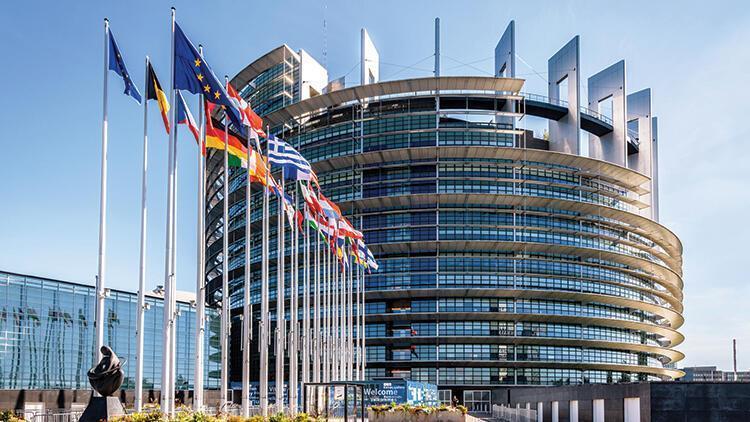
A report recommending an end to the Customs Union between the European Union and Turkey and replacing it with a free trade agreement (FTA) of the type with the United Kingdom, Japan or Canada has been discussed at the European Parliament’s Commission on International Trade (INTA).
While this option could not find support from INTA, the opinion of sticking to the Customs Union came to the fore despite the existing problems.
Speaking at the session in which the report was discussed, Bulgarian parliamentarian Andrey Kovatchev stated that he could not see the logic behind the view that an FTA would be more beneficial.
“This is not necessary,” he said. “It is the modernization of the Customs Union that will benefit both sides.”
Noting that the issue is not only economic but also has a geopolitical and political dimension, Kovatchev said what the EU should do “is not to lower the level of what we have, but to make it stronger and modern.”
Spanish parliamentarian Jordi Canas said that abandoning the Customs Union would mean giving up the accession process and that would create political problems.
The EU-Turkey Customs Union agreement came into effect on Dec. 31, 1995. Along with having systemic and structural problems, the agreement does not cover sectors such as services and e-commerce.
Turkey is among the European bloc’s top 10 markets both for exports and imports.
EU exports to Turkey rose 23 percent annually to 39 billion euros in the first half of this year.
Turkey’s exports to the European single market, meanwhile, jumped 28.5 percent to 37 billion euros, narrowing the trade balance gap 900 million euros year on year.
Overall, Eurostat figures showed EU exports in June this year were up 22.3 percent at 188.3 billion euros compared with June 2020. Imports into the EU from the rest of the world rose by 29.6 percent to 173.5 billion euros.
According to Eurostat, imports into the EU from Britain plummeted 18.2 percent between January and June this year, compared with the same six-month period last year and based on the value of the goods.
It was the only fall in imports registered in the table of the top 10 trading partners with the EU, in which Britain ranked third.
All the others - China, the United States, Switzerland, Russia, Turkey, Japan, Norway, South Korea and India - increased exports to the EU.
EU exports to all 10 trading partners showed increases for the same period.